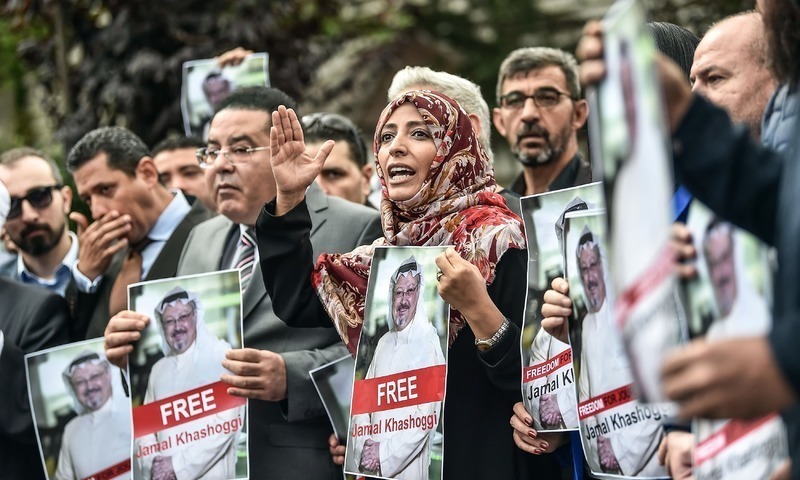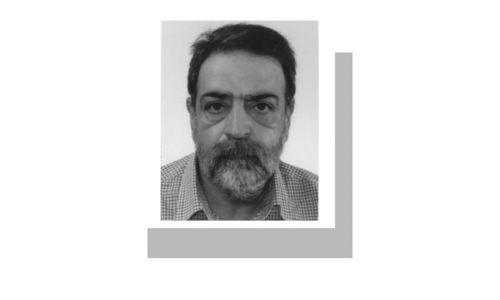A growing pushback against human rights abusers and autocrats has emerged in the last year, Human Rights Watch (HRW) said on Thursday, with resistance coming from a number of new sources.
Smaller countries and groups like the Organisation for Islamic Cooperation (OIC) are stepping up and taking on the mantle of defending human rights, as traditional players such as the United States and Britain retreat, Kenneth Roth, HRW executive director told AFP.
"When we look back over the last year, what really struck us was not the bad news, but the reaction to it," Roth said as the human rights NGO published its 674-page World Report 2019.
"It's really striking how powerful the defence has been of human rights, democracy and the rule of law," he said.
"What we've seen is that in many parts of the world, there's very significant resistance that this autocratic rule has sparked and it's happening at a very popular level."
The pushback has included protesters marching in Hungary against controversial reforms championed by the right-wing nationalist government of Viktor Orban, or voters using their ballots to oust leaders embroiled in corruption scandals such as in Malaysia.
At the government level, European nations like Germany, Denmark and Finland have heaped pressure on Saudi Arabia over the murder of journalist Jamal Khashoggi, by halting arms sales.
'New allies'
But among the most surprising "new allies" in the fight against violations has been the Organisation for Islamic Cooperation, said Roth.
The OIC has traditionally shied away from taking any individual country to task other than Israel, noted Roth.
But the group of 57 mostly Muslim majority nations last year backed an initiative critical of Myanmar's treatment of Rohingya Muslims.
"It was coming to the defence of the Muslims but the fact that they are willing to do that, to target a particular country other than Israel, had never happened before. For me that's probably the most surprising new ally we found," said Roth.
Likewise in Latin America, a group of nations that call themselves the Lima Group have for the first time put in a resolution at the Human Rights Council criticising Venezuela.
Roth noted that countries in the region had in the past been reticent to criticise violations in neighbouring nations, as the US had previously dominated human rights discussions in the region.
"An ironic benefit of Trump pulling out of the UN Human Rights Council is that no-one had to be accused of playing into Washington's ideology," said Roth.
'Biggest neglected problem'
The HRW director voiced hopes that the new players would engage in what he believes to be the "biggest neglected problem" around the world — China's detention of Uighurs.
Beijing is holding as many as one million Uighurs and other Muslim minorities in extra-judicial detention centres set up in the Xinjiang region, according to estimates cited by a UN panel.
Chinese officials have described the camps as "vocational education centres" for people who appear to be drawn towards Islamist extremism and separatism.
"If any other government in the world did this it would be creating outrage and headlines around the world but because it's China and it has a lot of economic might, it tends to be exempt from criticism," said Roth.
The HRW director hoped that new allies like the OIC would use their influence against Beijing on the issue.
"I think that pressure will make a difference because China cares about its reputation in the Muslim world.
"It's devoting massive resources to buy influence and favour — the so-called Belt and Road initiative shows that China is sensitive to global Muslim public opinion," Roth added, referring to Beijing's ambitious transcontinental infrastructure project.
Underlining the resistance that is underway, Roth said: "This is not one area where one should just resign and accept things are getting bad.
"Rather this is a moment where there is a struggle underway and it's important to join in because progress is being made."














































